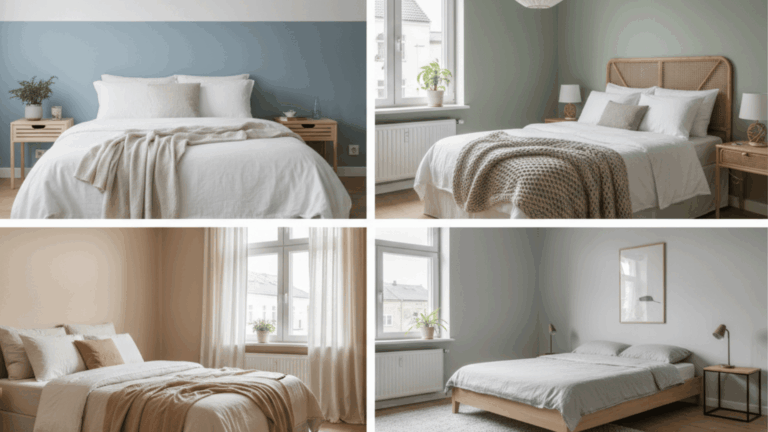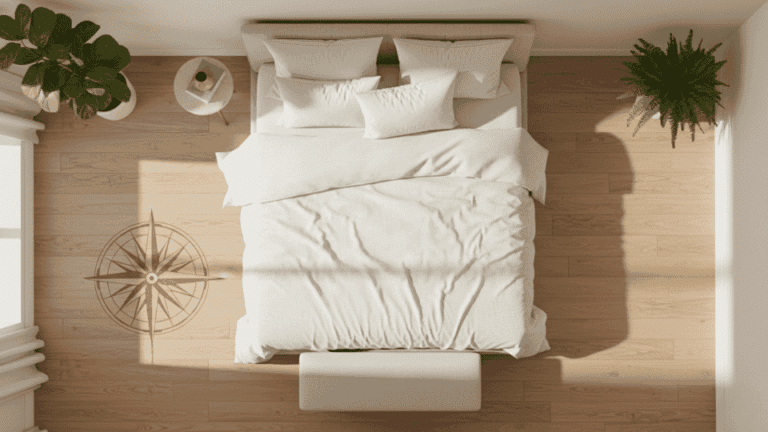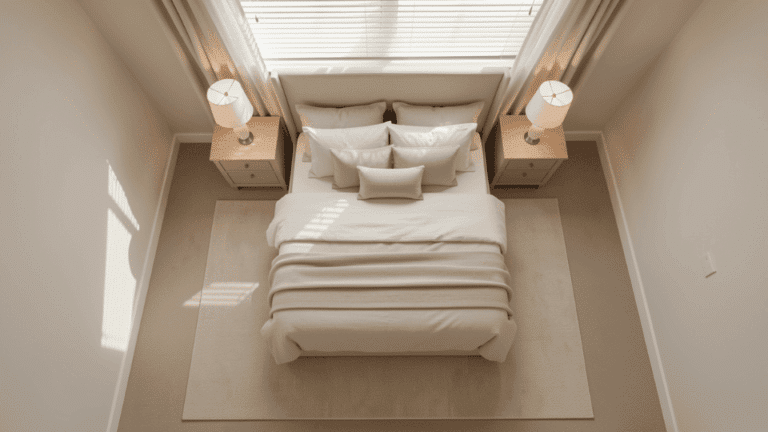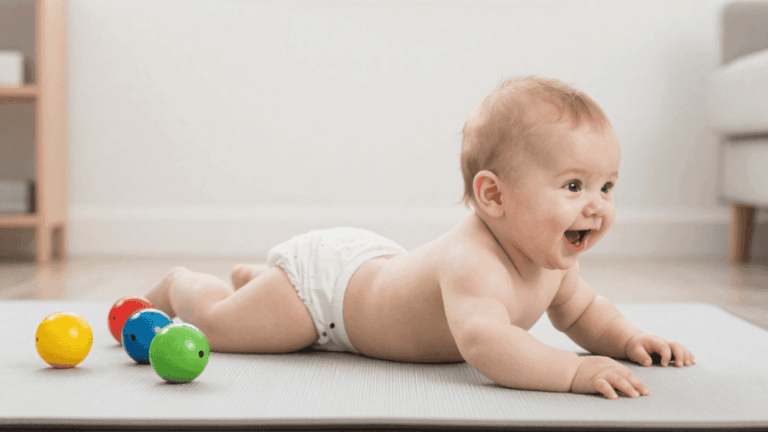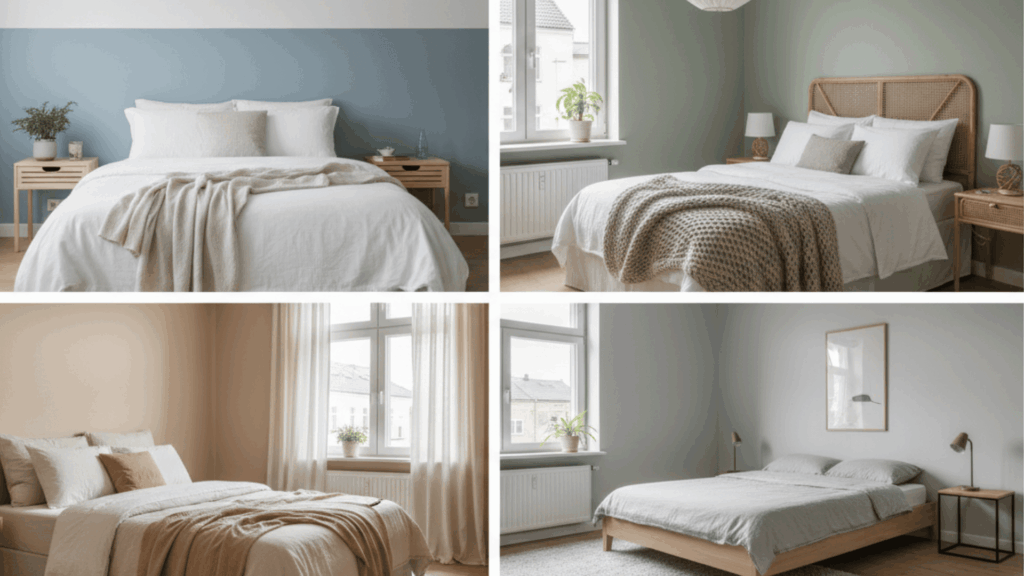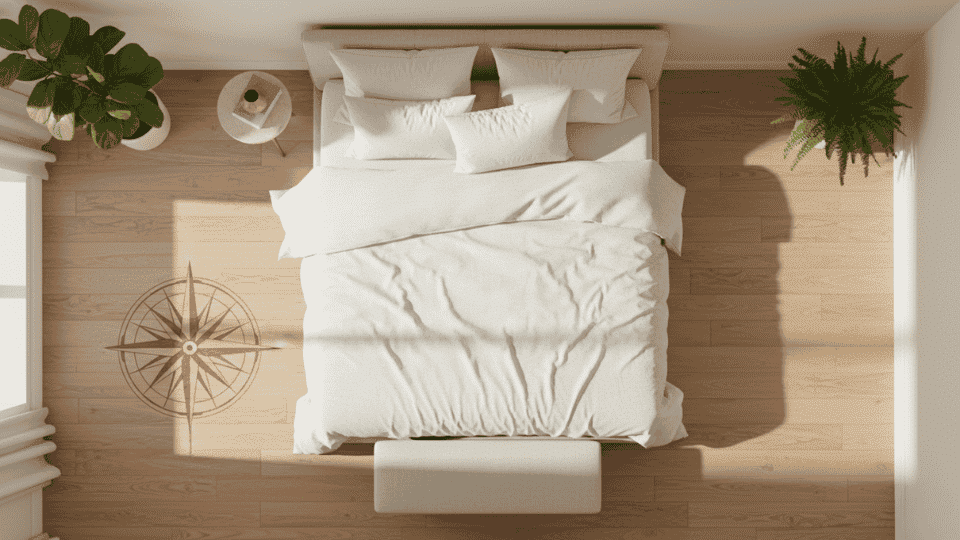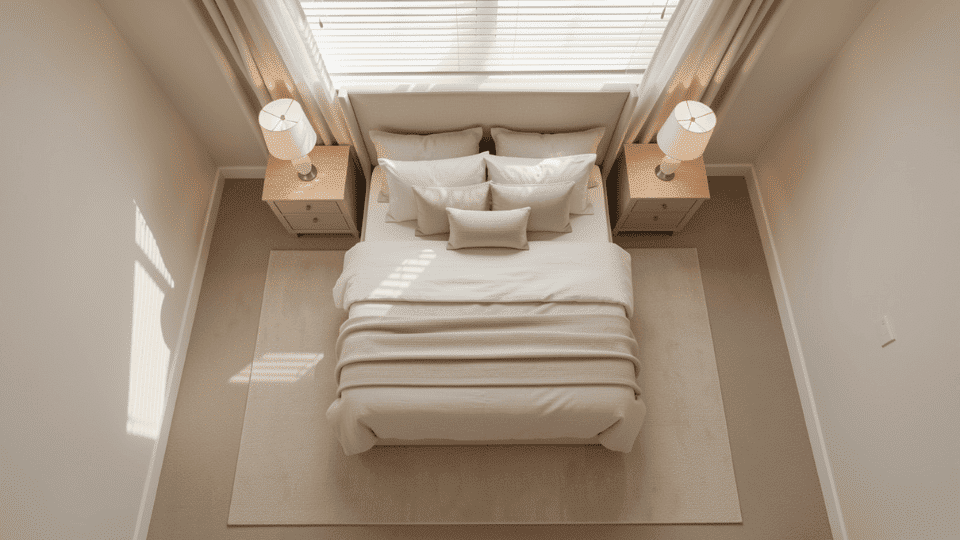Becoming a parent is a profound life shift—beautiful, challenging, and often unpredictable. For neurodivergent individuals navigating new parenthood, the transition comes with additional layers. If you’re someone with ADHD or ADD, adjusting to the routines of infant care while trying to keep a functional home can feel like balancing spinning plates on a tightrope. But guess what? You’re not alone, and there are ways to create a home life that feels both nurturing and manageable.
This guide offers real-life, realistic tips for building routines that respect your neurodivergence and support your growing family.
Rethinking Clean – Setting Gentle Standards
Let’s start with a game-changer: your home does not need to be Pinterest-perfect to be healthy and comforting. A tidy environment can support your focus, but rigid standards can do the opposite—triggering overwhelm or shutdown.
Try reframing what “clean” means for your household. Maybe it’s clearing one kitchen counter at night or keeping the floor clutter-free where the baby crawls. What matters is functionality and peace of mind, not spotless baseboards.
Break It Down: Bite-Sized Tasks for Big Impact
One of the best strategies for maintaining a home with ADHD or executive dysfunction is breaking tasks into micro-steps. Instead of thinking, “I need to clean the kitchen,” try:
- Clear dishes from the sink (2 minutes)
- Wipe counters (3 minutes)
- Sweep the floor (5 minutes)
This turns an overwhelming chore into a series of manageable actions. Timers, checklists, or even pairing cleaning with your favorite playlist can help create structure without pressure. If you thrive on accountability, consider body doubling—working alongside a partner or even FaceTiming a friend while you tidy.
Newborn Care Blend – Baby First, Then Home
Caring for a newborn doesn’t follow a tidy schedule. Between feeding, changing, and soothing, it can feel like there’s no time left for anything else.
The key? Layering. Pair minor household tasks with baby care rhythms. For example:
- Wipe down a bathroom sink while the baby is in a bouncer nearby
- Fold laundry on the bed during tummy time with toys
- Keep a small bin of cleaning wipes and diapers in every room to reduce back-and-forth
These small efficiencies stack up—and they make you feel in control without forcing a rigid routine.
Ergonomic Tips for Your Body (and Foot Health)
Physical strain is often overlooked in early parenting, especially when your focus is consumed by emotional and cognitive demands. Hours spent bouncing, standing, and walking can catch up fast—and one common complaint? Side of foot pain.
Spending long hours on your feet during feedings or nighttime wake-ups can place unusual stress on the lower body. If you’re experiencing this, it could be worth understanding more about the causes of side of foot pain, as it’s often linked to repetitive standing or poor footwear. Something as simple as switching to cushioned house shoes or taking seated breaks during care routines can make a noticeable difference in how your body holds up through the day.
Build Home Systems Your ADHD Brain Can Love
Traditional organization doesn’t always work for neurodivergent minds. Out of sight is often out of mind, so systems that are too “tidy” may cause more stress than relief.
Instead, embrace open storage—clear bins, labeled baskets, and visual cues. Create “stations” for repetitive tasks: a feeding basket, diaper-changing tote, or bedtime drawer. Routines like “one-minute tidy” or “reset the room” help reinforce habits that feel doable and rewarding. Keep it visible. Keep it simple. Keep it yours.
Supportive Tools for Mind & Body
Mental clarity and emotional balance are just as important as baby wipes and bottles. As a neurodivergent parent, supporting your mind can be the difference between chaos and calm.
That’s where platforms like Receptive Health come into play—not as fixes, but as resources. Receptive Health focuses on understanding brain function and emotional regulation, offering insights and tools that can help you better understand your own cognitive rhythms. Having this kind of support can make home life feel less like a battle and more like a collaboration with yourself.
When Focus Falters – Accessing Medical Support Responsibly
It’s no secret that ADHD can intensify during times of sleep deprivation and stress—both common in early parenting. You may find that strategies that once worked for you feel suddenly out of reach.
For some, medical support becomes part of the toolkit. If you’ve already been diagnosed and are exploring telehealth for ongoing management, working with a trusted best online Adderall prescriber can offer continuity of care. It’s not about chasing productivity—it’s about maintaining your capacity to show up for yourself and your baby with clarity and compassion.
Sensory-Friendly Cleaning & Self-Compassion
Let’s be real—cleaning can be a sensory minefield. Strong smells, harsh lighting, and rough textures can all derail motivation for neurodivergent individuals. That’s why sensory-friendly alternatives matter.
Try using unscented products, swapping paper towels for microfiber cloths, or dimming lights while cleaning to reduce visual overload. And remember: it’s okay to pause. Sensory management is self-care.
But above all—show yourself grace. A tidy home is not a measure of your worth. Your presence, your love, your effort—they matter more than the laundry pile ever will.
Celebrate the Wins, No Matter How Small
Your wins might look different right now—and that’s okay. Getting dressed? Win. Putting away one load of laundry? Huge. Getting through the day with your baby fed and safe? Monumental.
The truth is, parenting is already a full-time job. Doing it as a neurodivergent person adds layers most don’t see. So take time to notice the effort you’re making. Honor your energy. Celebrate the micro-successes. They’re shaping a stable, loving environment for your little one—and that’s what truly counts.



